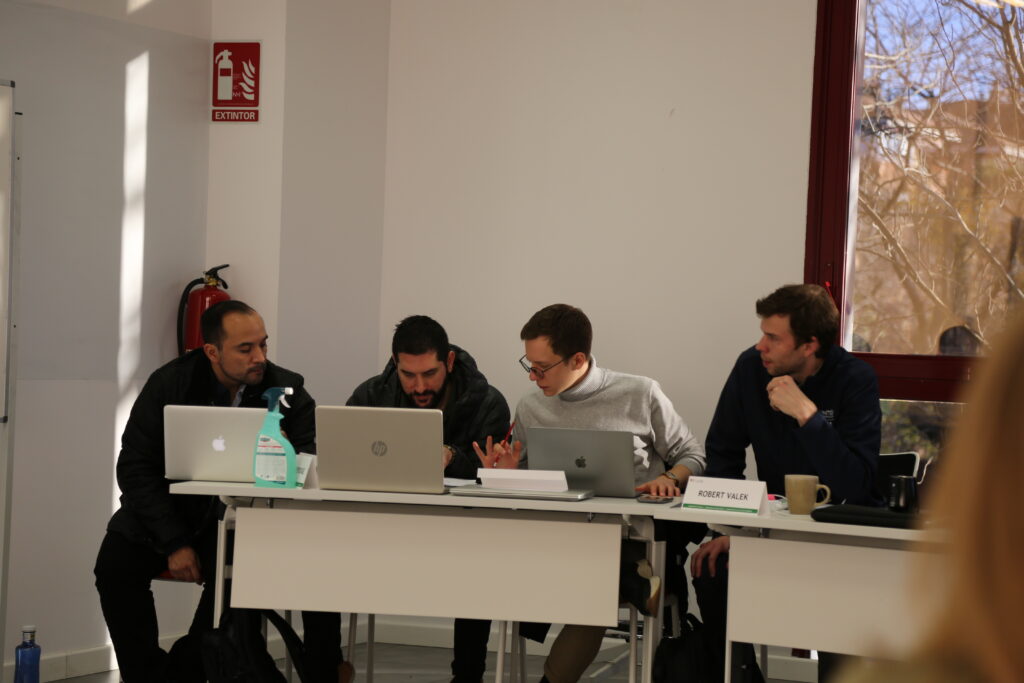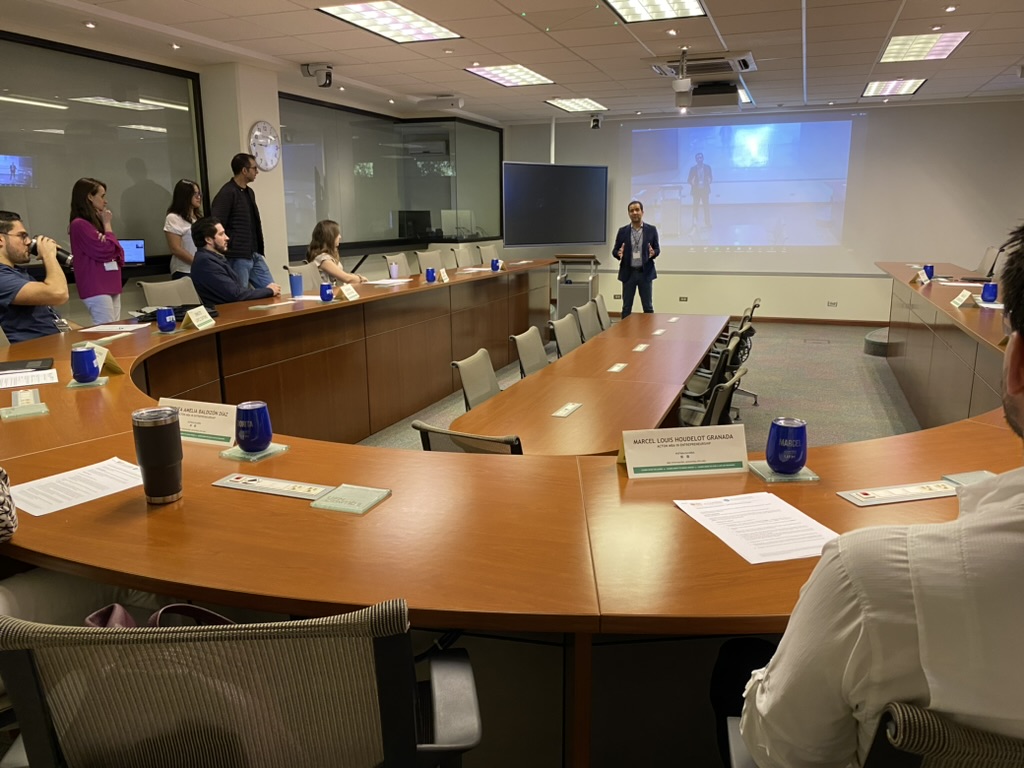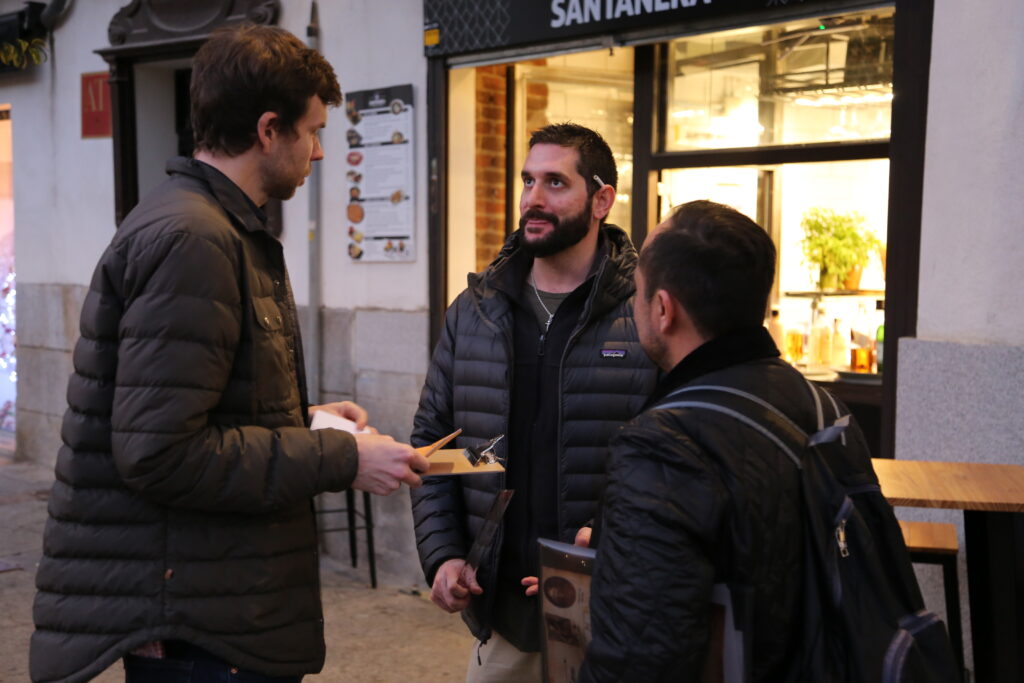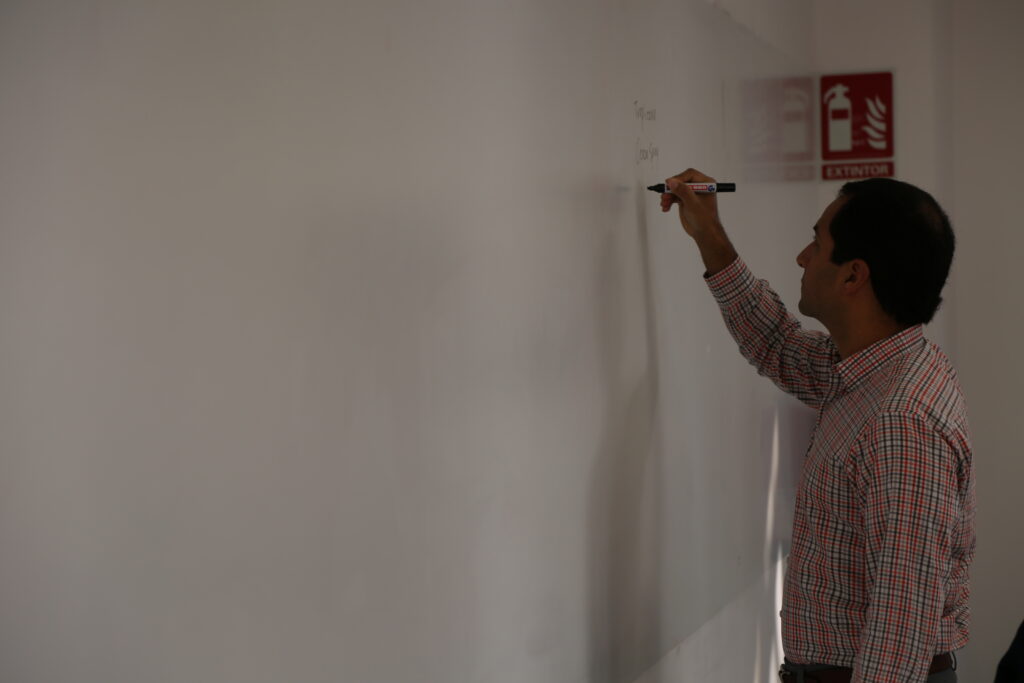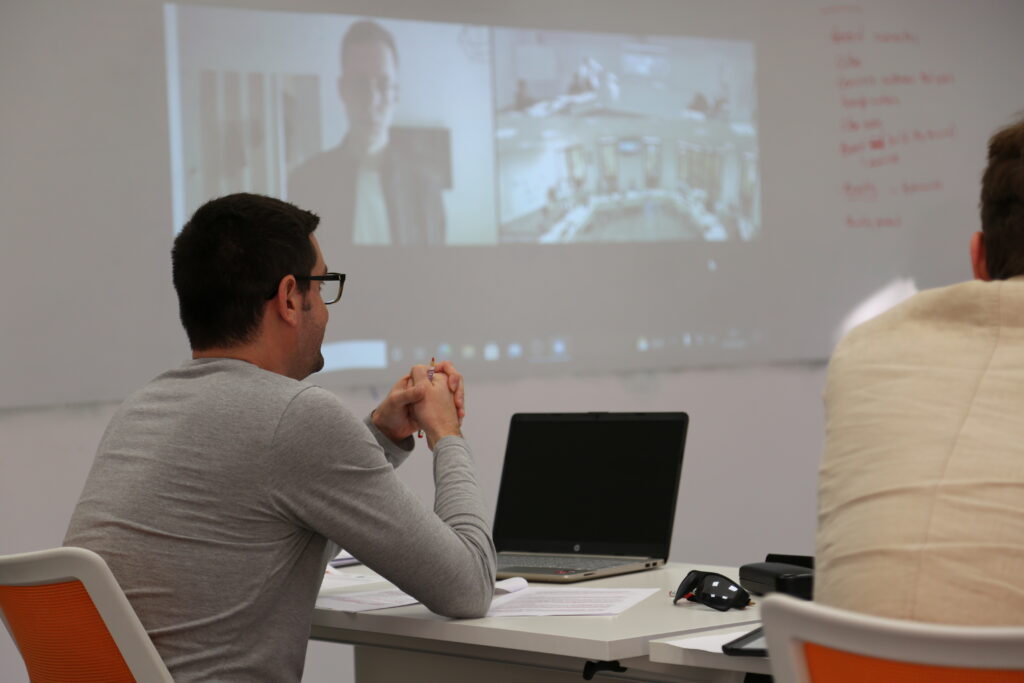The Call of the Entrepreneur
DECEMBER 9, 2014
Crafting a vision to which others can cling and piloting that vision through the turbulence and chaos of the markets isn’t for everyone. And yet, start-up culture, and the call to be an entrepreneur in particular, has never held more mainstream appeal.
Robin Weekley Bruce, CEO of The Acton School of Business, published a post on Medium last week, detailing the pattern that she’s seen among the most successful business leaders.
_______
The mission of the entrepreneur
The mission of the entrepreneur is for very few. Crafting a vision to which others can cling and piloting that vision through the turbulence and chaos of the markets isn’t for everyone. And yet, start-up culture, and the call to be an entrepreneur in particular, has never held more mainstream appeal.
As the intrigue surrounding “starting a start-up” grows, the conversation becomes more complex. Philosophies around start-ups themselves move into casual exchanges, and we argue between the brilliance of Zero to One, the sensibility of The Lean Startup ethos, and the little revelations of academic theorems like effectual thinking and network theory.
Unfortunately, the discourse often portrays business as a complex enterprise, requiring the mastery of impressive-sounding jargon, complicated flowcharts, and spreadsheets — a secret society limited to legendary CEOs, Valley boy wonders, highly paid consultants, and business school professors.
Despite these perceptions, there are countless examples of fundamental entrepreneurs running enterprises based on straightforward concepts serving ready needs through relentless execution: Sam Walton and the one-stop shop, Herb Kelleher and planes that raced cars across short distances, John Mackey and his everyday farmers’ market.
What exactly does it take?
The skills touted in business press and rehearsed in business schools or pitch practices don’t seem to matter much when you talk to an entrepreneur in the trenches.
Having had the privilege of working alongside scores of successful entrepreneurs, the pattern that emerges is not mastery of an exact set of skills or a specific roster of inborn gifts, but rather deposits of character, courage, and perseverance made in a consistent way, over a lifelong entrepreneurial journey of trial and error and struggle. It’s a long obedience in the same direction.
The outstanding entrepreneurs in the Acton community, both our entrepreneur-teachers and our graduates, have reinforced that while there’s no single formula for success, it’s critical to consistently and relentlessly grow in the following three areas:
—
Read the rest of Robin’s post here on Medium.



